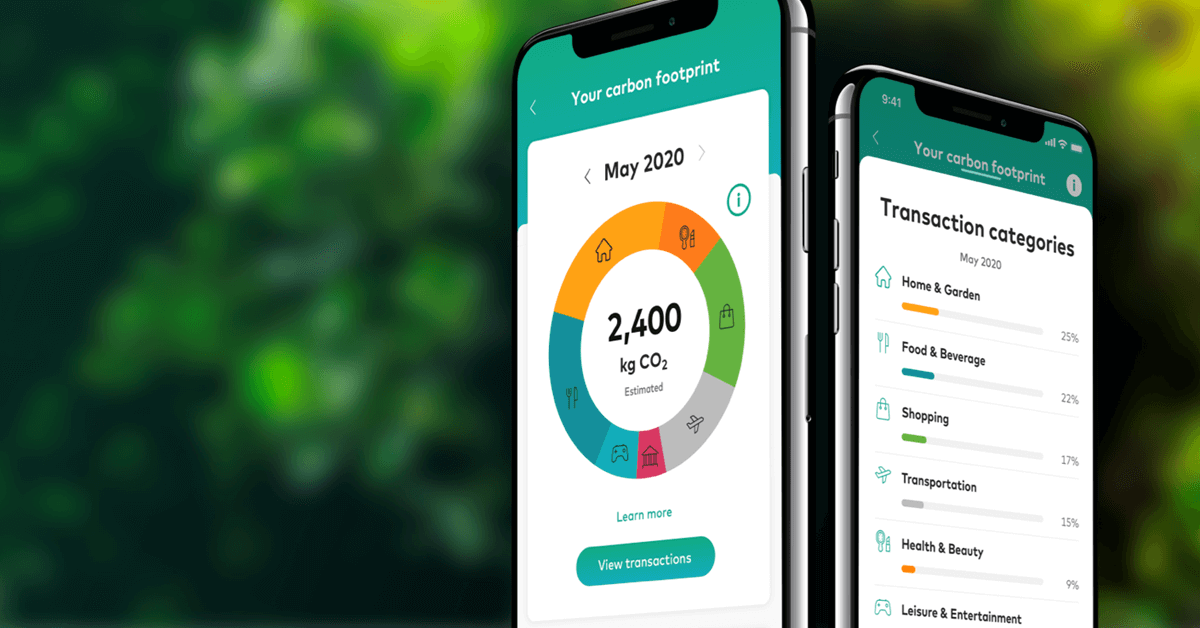advertisement
Mastercard Equips Regional Banks With A Carbon Calculator Tool

Amidst the growing trend toward eco-conscious spending and consumption among people who want to pursue more sustainable choices and practices, Mastercard has released its Mastercard Carbon Calculator for Kenya and the wider region.
Developed in collaboration with the Swedish fintech Doconomy, the Mastercard Carbon Calculator is a feature that provides access to insights and data about environmental impact. It enables consumers to receive a snapshot of the carbon emissions generated by their purchases across spending categories. Banks and financial institutions can easily adapt and customize the feature for eco-conscious consumers, by seamlessly integrating the Carbon Calculator into their mobile apps through new APIs that are now available on Mastercard Developers.
“Connecting people to helpful information and tools that enable them to prosper, pursue their passions, and help protect the planet, is an important part of how we are doing well by doing good. The New Mastercard feature enables banks to equip people with carbon footprint data and insights to help inform consumer spending and offer ways to contribute to reforestation. With growing consumer passion for the environment and sustainable lifestyle choices, we hope that this feature will inspire more people to support brands that are contributing to environmental welfare,” said Gaurang Shah, Senior Vice President, Product Management, Digital Payments & Labs for the Middle East and Africa, Mastercard.
advertisement
The calculations are powered by the independently verified Doconomy Åland Index and can be further enhanced with relatable and easy-to-understand equivalents (such as the number of trees required to absorb the same amount of CO2), and tips about living more sustainably.
“By engaging a whole industry in enabling individual insights as well as collective action, Mastercard has redefined the role the financial industry can play every day in tackling the climate crisis. When others are talking of the importance of Environmental, Social and Corporate Governance (ESG), Mastercard is putting it to work at the fingertips of the consumer,” said Mathias Wikström, Chief Executive Officer, Doconomy.
In the Makuli Nzaui landscape, Makueni County, a tree-planting ceremony will be the beginning of Mastercard’s Priceless Planet Coalition (PPC) initiative to plant 1.2 million trees in Kenya. The Coalition will be embarking on this project for the sole purpose of creating a sustainable and environmentally friendly community for the benefit of all Kenyans.
advertisement
Results from Mastercard’s most recent research released on Earth Day last month highlighted strong consumer demand for payment solutions that address sustainability.
Among adults in Kenya, 92 per cent stated they’re willing to take personal action to combat environmental and sustainability issues. Being more aware of purchases is one of the top changes respondents will make as a result of COVID-19. Over a quarter said they are going to stop using or buying from brands that do not have a plan to help the environment or behave sustainably.
Last year, Mastercard formed the Priceless Planet Coalition, which unites businesses and consumers to restore 100 million trees by 2025. The Coalition continues to expand and now includes more than 50 members. Mastercard has committed to using its technology, network, expertise and resources in support of the company’s goal of building a more sustainable and inclusive digital economy.